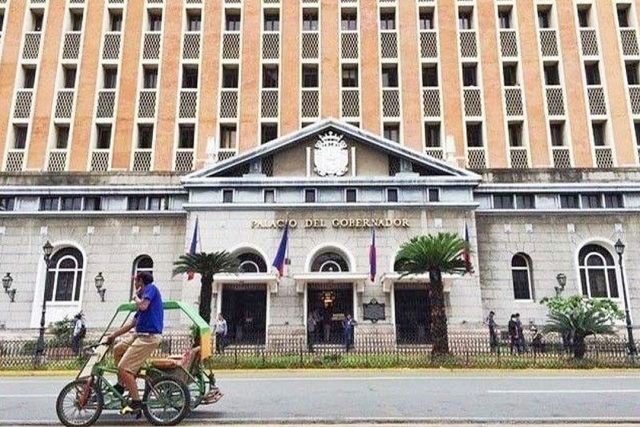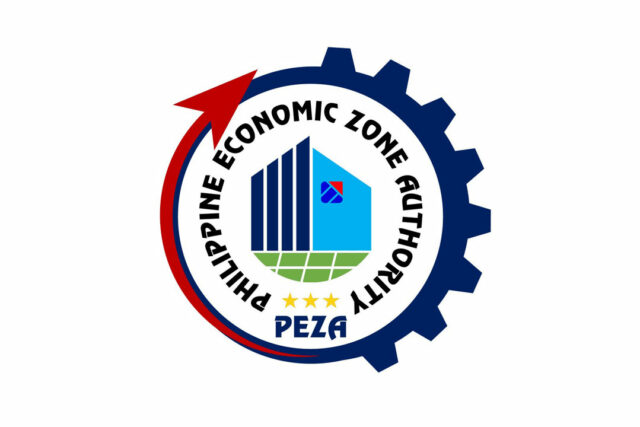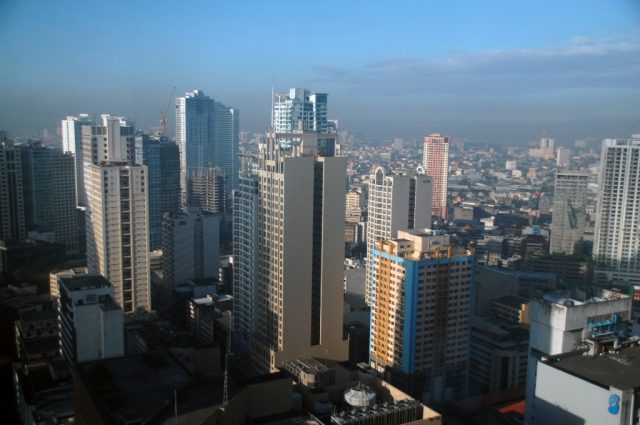Foreign investors’ effect disputed
A FILIPINO labor leader disputed on Wednesday the popular belief among Filipinos that further opening the economy to usher in more foreign investors would guarantee more jobs and better salaries in the country.
“Amending the economic provisions of the Constitution does not necessarily guarantee the creation of quality jobs,” Federation of Free Workers (FFW) president and labor lawyer Jose Sonny G. Matula told BusinessWorld in a Viber message.
Mr. Matula was reacting to a recent poll by Pulse Asia with international think tank, Stratbase Institute, that 64% or more than six in 10 Filipinos believe that more foreign-owned companies in the country would mean “an increase in high-quality jobs with high salaries and better benefits.”
“There are other factors in investment, such as infrastructure, cost of power, consistency of policy, corruption, and good governance, that significantly influence the investment climate and job quality,” he stressed.
More than half of the 1,200 respondents in the survey also believe that through economic Charter change or “Cha-cha,” “services to stakeholders/customers will be better” and that prices of goods and services will also fall.
In terms of factors that hinder the entry of foreign investments, the poll showed that 56% of the respondents identified “complicated rules and regulations like red tape, changes in government policies and regulations;” 55% blamed existing laws that restrict foreign ownership; 46% believe it is corruption; and 40% said it was due to lack in transportation infrastructure. — Chloe Mari A. Hufana












